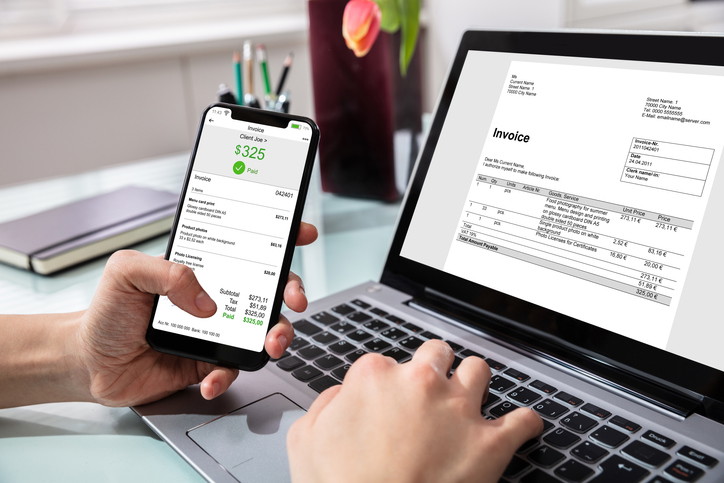
Accounting is an essential skill for so many different kinds of professionals. Entrepreneurs, in particular, will benefit from accounting skills as many of them don’t come from a financial background. For example, as an artisan donut shop owner, you’d want to focus on perfecting recipes and developing new ones. Stressing about an area of your business that you don’t quite understand would only hinder your progress.
As a business professional, you do well to educate yourself on the basics of bookkeeping in order to avoid liability and maximize your revenue. Training in this area is an invaluable tool to help you gain a better understanding of your money, protect you from harmful error, and even develop better business strategies. If you’re considering financial accounting training and you have an interest in entrepreneurship, there are some specific best practices you should keep in mind.
Embrace Technology After Financial Accounting Training
Accounting software products are becoming more and more intuitive, effective, and available. After completing your accounting and finance program, it’s a great idea to make use of these technologies. It will help you optimize financial outcomes while avoiding too much extra effort. They are useful for payroll, budgeting, tax filing, and comprehensively interpreting financial information on an easy-to-interpret dashboard. When you study at Discovery Community College, you’ll get in-depth training on accounting software like QuickBooks, Sage 50, Canadian Manual Bookkeeping, and more.

Keep Track of Client Cash Flow on a Monthly Basis
Those who aren’t self-employed may very well only need to consult an accountant around tax season; however, it’s in your best interest as an entrepreneur to stay on top of your accounting regularly. This way, not only is the tax filing process streamlined but you can see cash flow fluctuations more clearly and allocate funds accordingly. Many business owners think that keeping track annually or bi-annually is enough, but when the goal is financial growth, monthly tracking is a must. After you’ve completed your accounting and finance courses, be sure to keep up this habit!
Entrepreneurs Should Have Separate Bank Accounts
You’ll want to avoid audits like the plague. Not only are they extremely cumbersome but they can end in significant liability for you if there’s a failure to produce the necessary documentation. A clear paper trail is ideal in order to avoid audits and to protect yourself in the event of one. One way you can achieve this is by having separate accounts for your personal finances and your business finances.

All Transactions Should be Categorized
In order to make tax season more organized, each business transaction should be tracked. The categories include assets, liabilities, equity, revenue, and expenses. Having easy access to all of this information will allow you to glean helpful insights from your financial statements, file taxes with ease, and inform your strategy. When you take Business Accounting and Finance training with us online, you can be well-equipped to manage your business finances in as little as 15 weeks.
Ready to start financial accounting training?
Contact Discovery Community College for more information!
